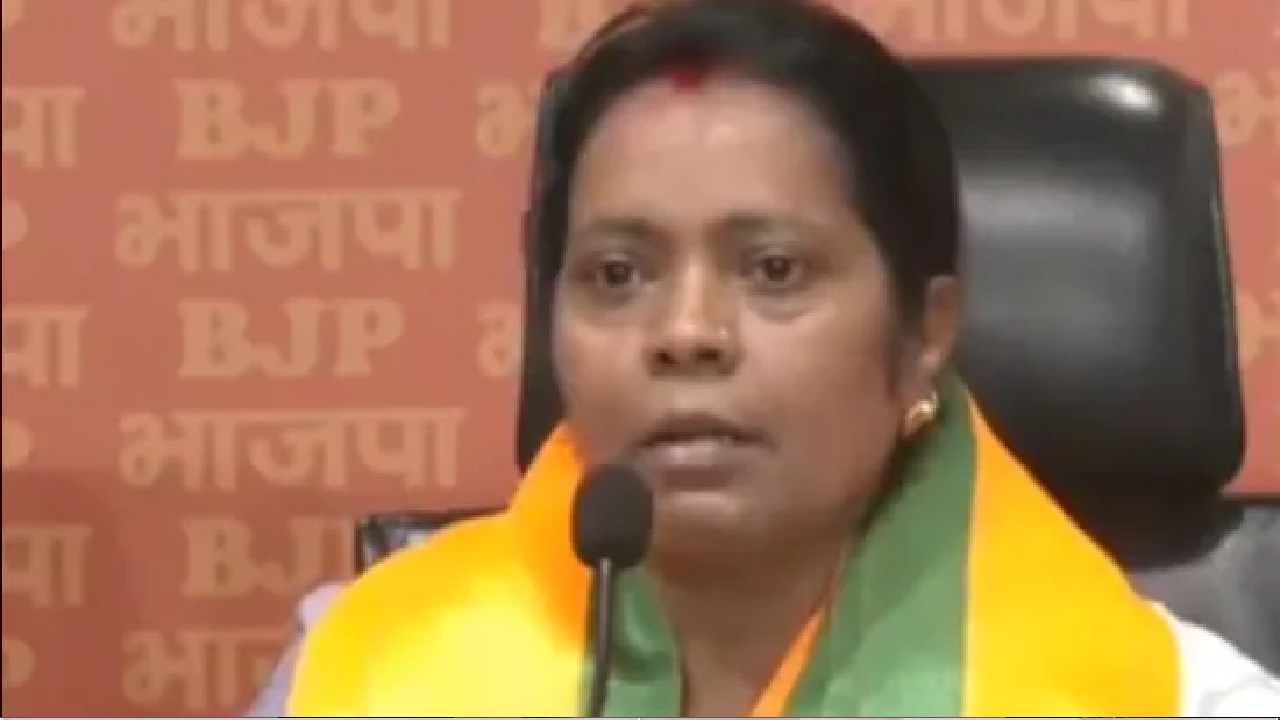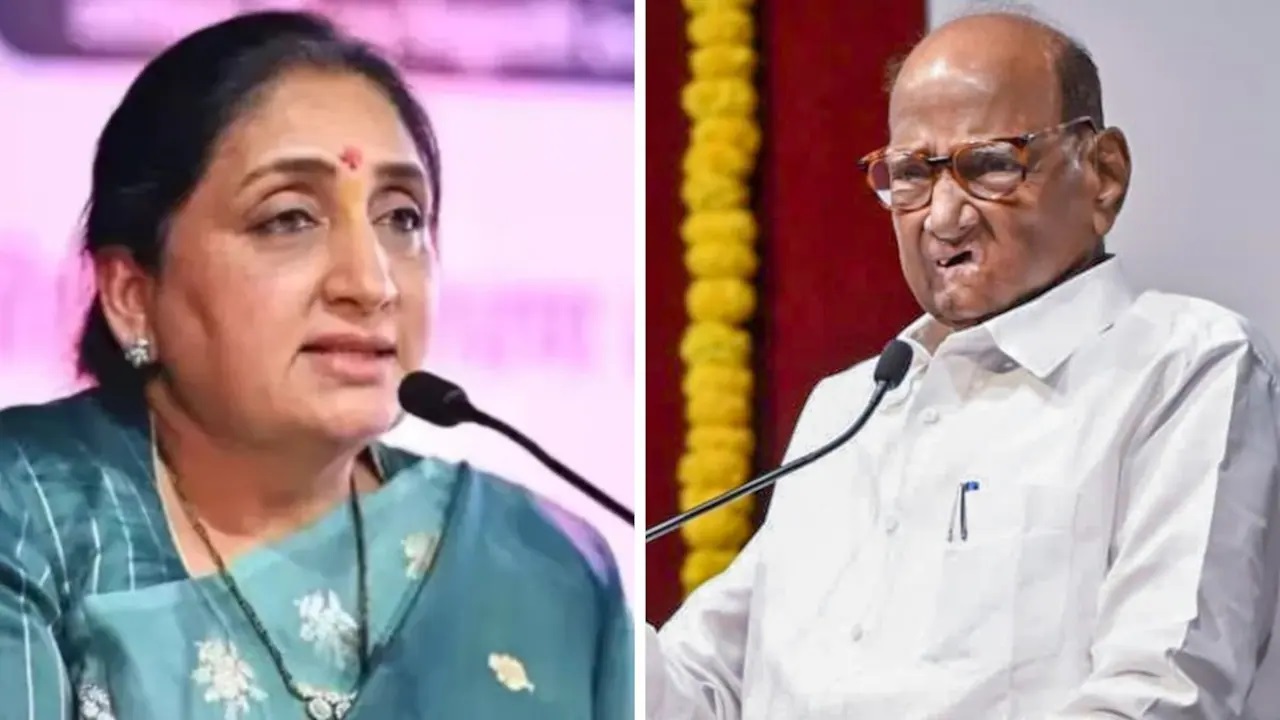Sudden Resignation Shakes Odisha Politics
In a dramatic development in Odisha’s political landscape, Mamata Mahanta, a key Rajya Sabha member and influential leader of the Kudumi community, has resigned from both her position in the Rajya Sabha and the Biju Janata Dal (BJD) party. Elected unopposed to the Upper House in March 2020, Mahanta’s resignation comes two years before the end of her term, sparking significant political fallout and speculation.
Allegations of Political Conspiracy
The resignation of Mahanta has not only stunned political observers but also led to accusations of a deliberate political conspiracy. BJD senior leader Pramila Mallik has accused the BJP of orchestrating a scheme to undermine the BJD’s position in the Rajya Sabha. Mallik alleged that the BJP’s strategy is aimed at facilitating one of its leaders to secure a seat in the Upper House, thereby altering the political balance.
In response, the Odisha BJP has firmly rejected these claims. BJP MLA Ashok Mohanty dismissed the notion of a conspiracy, stating, “There is no truth in this allegation. BJP hasn’t done any conspiracy.” He suggested that Mahanta’s resignation was a result of growing dissatisfaction with the BJD under Naveen Patnaik’s leadership. Mohanty argued that former ministers and MPs of the BJD have lost confidence in Patnaik’s ability to deliver on promises, leading to Mahanta’s decision to step down.
Speculations and Strategic Maneuvers
Mahanta’s abrupt resignation has fueled widespread speculation about its implications. A prominent theory is that the BJP might use this opportunity to position its state president, Manmohan Samal, in the Rajya Sabha. This move could potentially pave the way for Samal’s inclusion in the union council of ministers, given his significant role in the BJP’s recent electoral successes.
Despite the BJP’s considerable victory in the Odisha Assembly elections, where the party secured 78 seats, Samal faced defeat in the Chandbali segment against BJD’s Byomakesh Ray. The defeat has led to conjectures that the BJP is seeking to leverage the Rajya Sabha seat to reward Samal for his contributions and compensate for his loss in the state elections.
Impact on Rajya Sabha Dynamics
The resignation of Mamata Mahanta has reduced the BJD’s strength in the Rajya Sabha from nine to eight members. Currently, the BJP has one Rajya Sabha member from Odisha, Ashwini Vaishnaw, who was elected earlier this year with BJD support. With Mahanta’s departure, the BJP is strategically positioned to claim the vacant seat if an election is held, given its growing influence and the current composition of the Odisha Assembly.
This development comes at a critical juncture, as the BJP’s strength in the Rajya Sabha has recently decreased to 86, following the completion of tenures by four nominated members. The National Democratic Alliance (NDA) now has 101 members, still short of the 113-majority required to pass legislation. Although the BJP can still advance its agenda with the support of non-aligned members and friendly parties like AIADMK and YSRCP, the BJD’s recent shift to a more opposition-oriented stance adds another layer of complexity to the political equation.
Political Implications and Future Prospects
The resignation of Mamata Mahanta and the ensuing speculation about BJP’s strategic moves have significant implications for both the BJD and the BJP. The potential for BJP’s increased presence in the Rajya Sabha could alter the dynamics of legislative proceedings and influence key policy decisions.
The BJD’s adjustment to its reduced presence in the Upper House and the BJP’s efforts to consolidate its power will be closely watched in the coming months. The political maneuvering surrounding Mahanta’s resignation highlights the volatility of Indian politics, where strategic decisions and power plays can have far-reaching effects.
As both parties navigate this turbulent period, the focus will be on how they adapt to these changes and leverage the shifting dynamics to their advantage. The evolving political landscape in Odisha and its implications for national politics will continue to be a point of intense scrutiny and speculation.
(With inputs from agencies)








